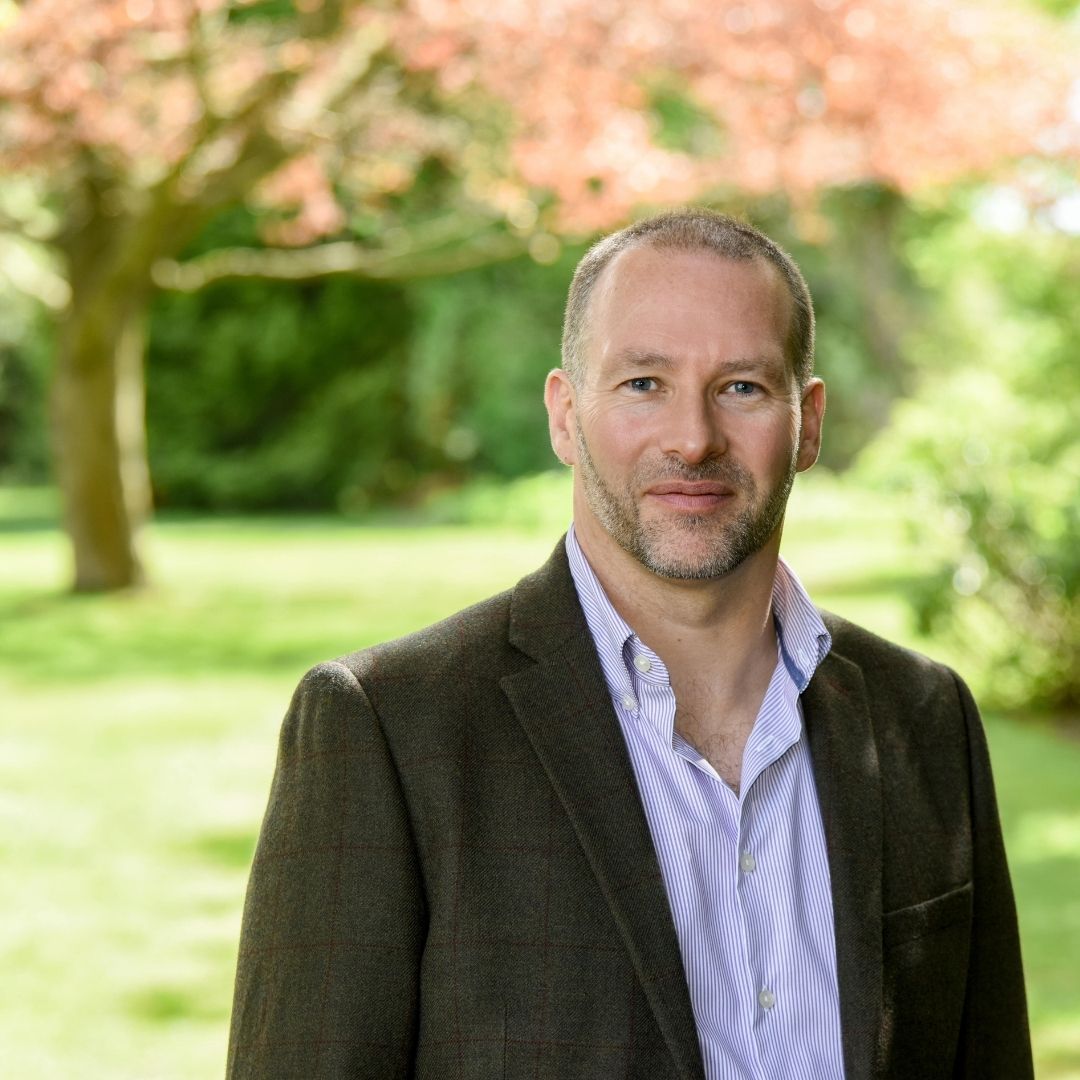New York’s Net-Zero University Campus
Stony Brook University in New York is set to open a new, net-zero campus to address the climate crisis. On Governors’ Island, New York City Mayor Eric Adams and...
Read Full Article
For 2021’s new starters, the first group to undertake a full degree after COVID-19, the university experience will inevitably be different. As Paul Bean from Nurture Landscapes explains, an institution’s green credentials could be beneficial.
 Nurture Landscapes’ aim is to be the UK’s leading green service provider achieving carbon neutrality by 2030. As one of the founding Directors of Nurture Landscapes, Paul Bean has worked in horticulture for more than 25 years, and has particular expertise in business and IT systems.
Nurture Landscapes’ aim is to be the UK’s leading green service provider achieving carbon neutrality by 2030. As one of the founding Directors of Nurture Landscapes, Paul Bean has worked in horticulture for more than 25 years, and has particular expertise in business and IT systems.
According to a Times Higher Education survey, sustainability is perceived to be as important as location when it comes to international students selecting a university. While the quality of teaching, cost of tuition, and the university’s rankings all come much higher, sustainable practices and demonstrating a commitment to caring for the environment should not be overlooked.
The last year of studying during a pandemic has changed the experience of university and consequently affected confidence in the adaptability of the institutions that provide courses. Many students reported that not only was their education quality degraded massively by not being able to use the facilities, but also that coaching capabilities and content quality were not up to standard for the cost. With the apprehension of similar situations in the future universities, the present is an opportunity for universities to entice new enrolment with their ethos and offerings.
A second survey, conducted by student-led education charity, Students Organising for Sustainability UK (SOS), backs up this view, revealing that 88 per cent of recipients were “fairly” or “very” concerned about climate change. More than three-quarters also agreed that the long-term impacts of climate change are just as serious as COVID-19 and climate change should be a priority in the UK’s recovery from the pandemic.
The term sustainability has been used increasingly frequently in recent times, as businesses attempt to showcase their CSR and commitments to the net-zero targets set by the government. Though it is encouraging to see greater awareness of environmental issues, universities must not fall into the trap of ‘greenwashing’, as the University of Oxford was accused of doing earlier this year, due to its reported links to fossil fuels. Only through tangible actions and deliverables will campuses be able to define themselves as ‘sustainable’.
The team at Nurture Landscapes have noticed more clients are turning to them for advice on setting and achieving individual sustainability targets. These range from improving recycling policies through to devising plans to improve biodiversity and habitats around a site. For instance, at their business park locations, they are witnessing a trend of outdoor meeting pods, which sows the seeds of a collaborative working environment within a unique feature. For students, these can also provide a means of having face-to-face social interaction in a safe facility.
Interior plant displays strategically placed across a campus provide an alternative social distancing measure by dividing corridors down the middle and directing students through possible bottlenecks where close contact is almost inevitable. Though they will not be the complete solution to student concerns about being in close proximity with each other, using plants as partitioning goes beyond simple aesthetics. Biophillic design has been proven to have physical and mental health benefits. We’ve looked into creative and compromising ways these elements can be accommodated in most spaces.
Of course, there is a lot more that universities will be judged on when making bold sustainability claims. To use the BP Target Neutral initiative as a guide, a campus must demonstrate how sustainability fits in with the day-to-day running of its faculties and hold itself to account when working towards these targets.
The switch to electric vehicles is more often than not where site managers start in their individual Mission: Sustainable aspirations. It’s not that difficult to see why – EVs are proving to be cheaper to run and put a significant dent in total emission output. With multiple areas to maintain, campus managers soon clock up the miles, and the carbon dioxide.
Fortunately, many are starting to see the benefits of making electric charging points accessible, with the likes of University of Cambridge and Manchester Metropolitan having more than two-thirds of their respective fleets now running on electric power. There is still room for improvement, but there are signs that universities are opening up to the potential of EVs. Nurture Landscapes are leading their clients by example through the electrification of their own fleet and equipment.
With warnings about our changing climate continuing to make the headlines, sustainability is going to remain in the forefront of many peoples’ minds, especially younger generations. Universities will need to considerably up their games to keep up with the changing perceptions of their policies. Otherwise, they run the risk of losing the next wave of talented students who will ultimately be the ones who take the country forward.
Picture: university students sitting outside.
Article written by Paul Bean, Bailey Sparkes | Published 19 August 2021
Stony Brook University in New York is set to open a new, net-zero campus to address the climate crisis. On Governors’ Island, New York City Mayor Eric Adams and...
Read Full ArticleStudents from ten universities across the UK have participated in a Dragon’s Den-style competition organised by Sodexo’s Stop Hunger Foundation in...
Read Full ArticleIn this month's high performing buildings roundup, we are focussing on commercial real estate that's achieving environmental and social excellence. Providing...
Read Full ArticleResearchers and scientists are experimenting with Biochar, the carbon-rich soil, to examine its use within the built environment. Discovered via observing the man-made...
Read Full ArticleFollowing last week’s Met Office amber extreme heat warning, a polymer specialist has warned current sustainable design must mitigate overheating in buildings as...
Read Full ArticleGlobal carbon emissions have rebounded to pre-pandemic levels, according to the International Energy Agency – business as usual is not an option. Scientists...
Read Full ArticleThe Royal Academy of Dramatic Art has appointed The Clean Space to deliver cleaning services across both RADA and RADA Business buildings. The Clean Space will...
Read Full ArticlePlans to transform Bankside House into sustainable student homes have been unveiled by the development arm of Bouygues UK, working in consortium with Equitix. The...
Read Full ArticleMcLaren Construction has won a contract to deliver a £100 million retrofit and extension of an existing 1950s building for the London School of Economics and...
Read Full ArticleOut of 250 FMs working in the education sector, 86 per cent said they have doubts about hygiene product performance when it comes to sustainable alternatives. In this...
Read Full Article